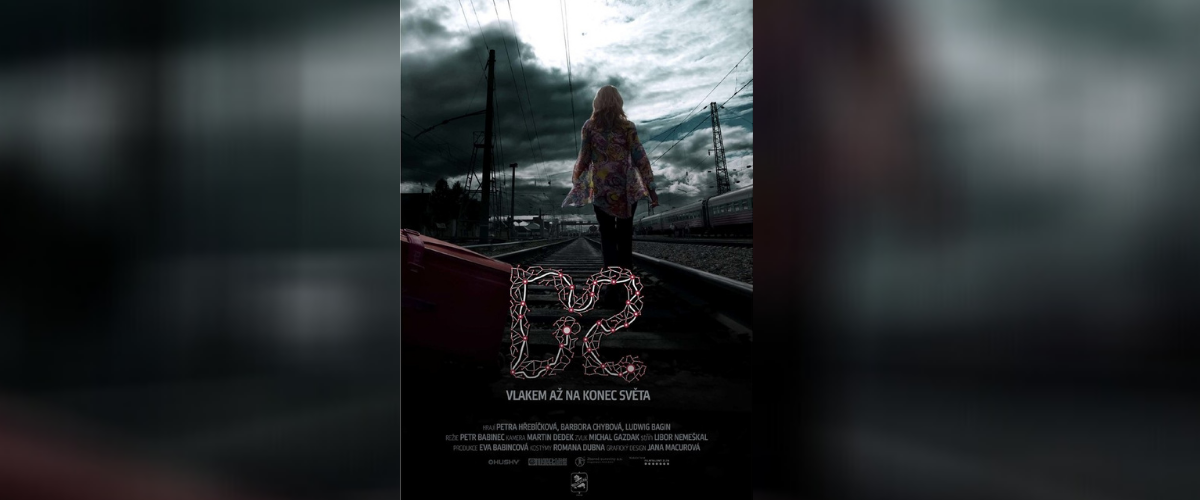
Road trip movies are a tried-and-true genre – the wide-open road (or in the case of D2: Train to the End of the World, the wide-open railroad) is a cinematic wonder. These types of films are often visually stunning, and D2 is no exception. Utilizing a range of cinematic overlays over train tunnels and artistic shifts in aspect ratio, the movie is gorgeous. Unfortunately, the substance doesn’t quite match the style, as pacing issues and abrupt tonal shifts muddy the vision by the end.
The film tells the story of four friends taking the Trans-Siberian Railway, the longest railway in the world. René intends to take the train in order to visit Vladivostok, his grandfather’s hometown. He brings along his childhood friend, Martin, and Hanka and Gábina, whom the other two only met recently. Hanka and Gábina are foils of each other; Hanka is more down-to-earth while Gábina is a party girl who often stirs up trouble for the others. The chemistry between the four is excellent, and the acting and dialogue is impressively naturalistic. There are many scenes of the four having fun and drinking together, and their energy is palpable. Moments like the gang joyously singing various national anthems or drunkenly dancing to music playing from a hotel are some of the best parts of the film.
Martin serves as the film’s narrator at various points, and he himself films the trip. When Martin is behind the camera, the aspect ratio changes from 16:9 to 4:3. This innovative camera trick is another way the film flexes its visual skills. By having Martin filming, it creates a more intimate atmosphere. It also gives us plenty of amusing moments where the other three angrily tell Martin to get the camera out of their faces. And they’re right to ask him to stop filming, too! As the trip progresses, the crew start to rub each other the wrong way more and more, resulting in more and more emotional outbursts that Martin probably shouldn’t be trying to film. Gábina especially causes friction by drinking irresponsibly early in the morning or constantly causing the gang to run late. The cramped nature of the train helps give these scenes a claustrophobic and stifling feeling, which sets the mood excellently.
Issues start to arise in the third act, however. The rising tension between the four comes to a peak after Gábina selfishly gets off the train to check out a lake. The other three are forced to get off and lug all their belongings out to this beach. From here, things fall apart – not just for the friends, but story-wise as well. The film suddenly opts for the lazy “sexual assault as conflict” trope, and it feels very odd to have this suddenly introduced within the last thirty minutes or so. It could have gotten away with it, but unfortunately the final scene of the movie winds up feeling equally forced and equally puzzling. A strong first and second act winds up getting ruined by a sloppy and confusing conclusion.





